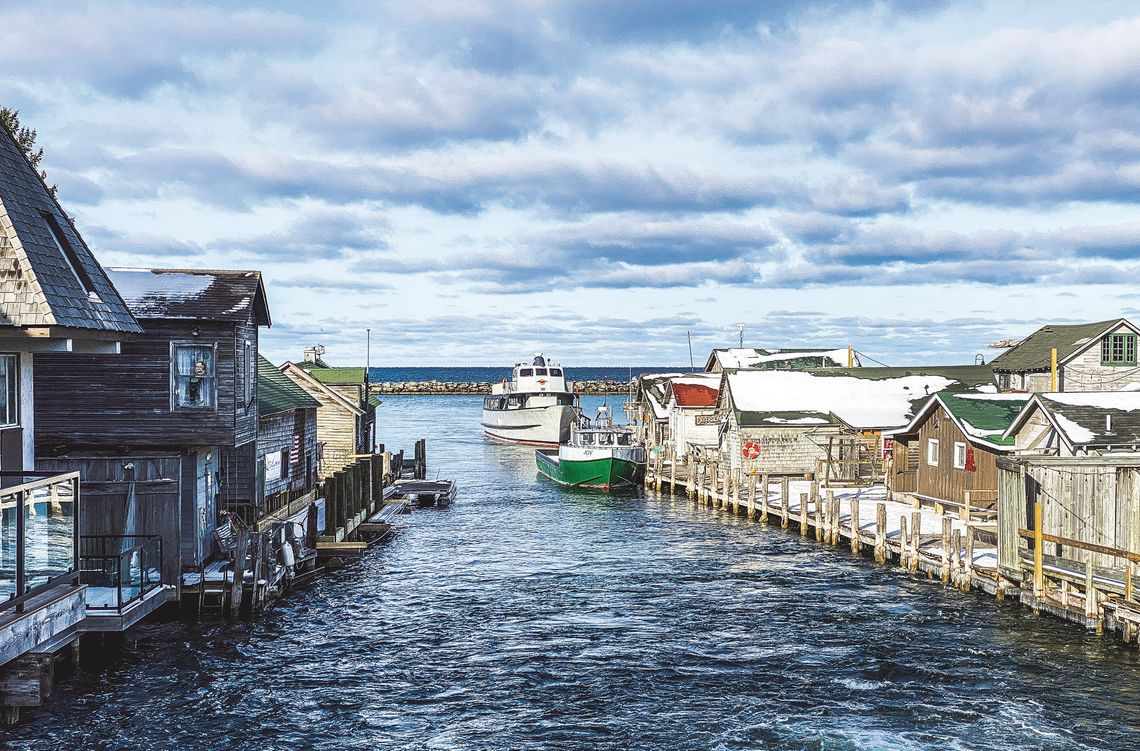Fishtown Preservation Society (FPS) harvested nearly 7,000 pounds of whitefish in the past year, which is just a fraction of the historical haul for state-licensed commercial fishers operating out of Leland.
The challenge is biological rather than equipment, effort or funding. The Great Lakes just aren’t producing as many whitefi sh, the result of a changed ecosystem that in practical terms wiped out the species’ primary food source through most of its habitat.
But there was good news in the numbers. FPS nets brought in only 3,842 pounds of whitefi sh in 2022, meaning the catch nearly doubled this year.
PLEASE LOG IN FOR PREMIUM CONTENT. Our website requires visitors to log in to view the best local news.
Not yet a subscriber? Subscribe today!



